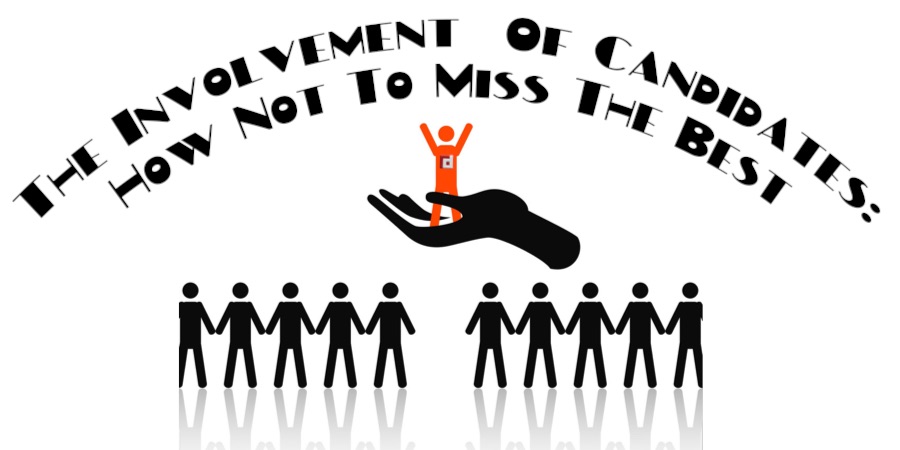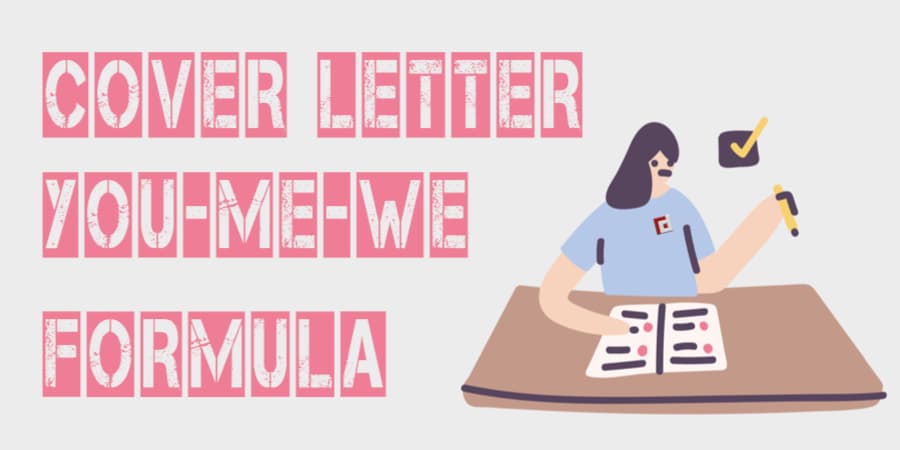22/01/2018
There are no good or bad candidates; there are those who are or are not suitable for a particular position.
So says Nedchanok, a Recruitment consultant at FP Recruitment & Executive Search. We talked with many of our clients and found out why the future lies in strong soft skills how to select a candidate who is exactly approved by the customer.










